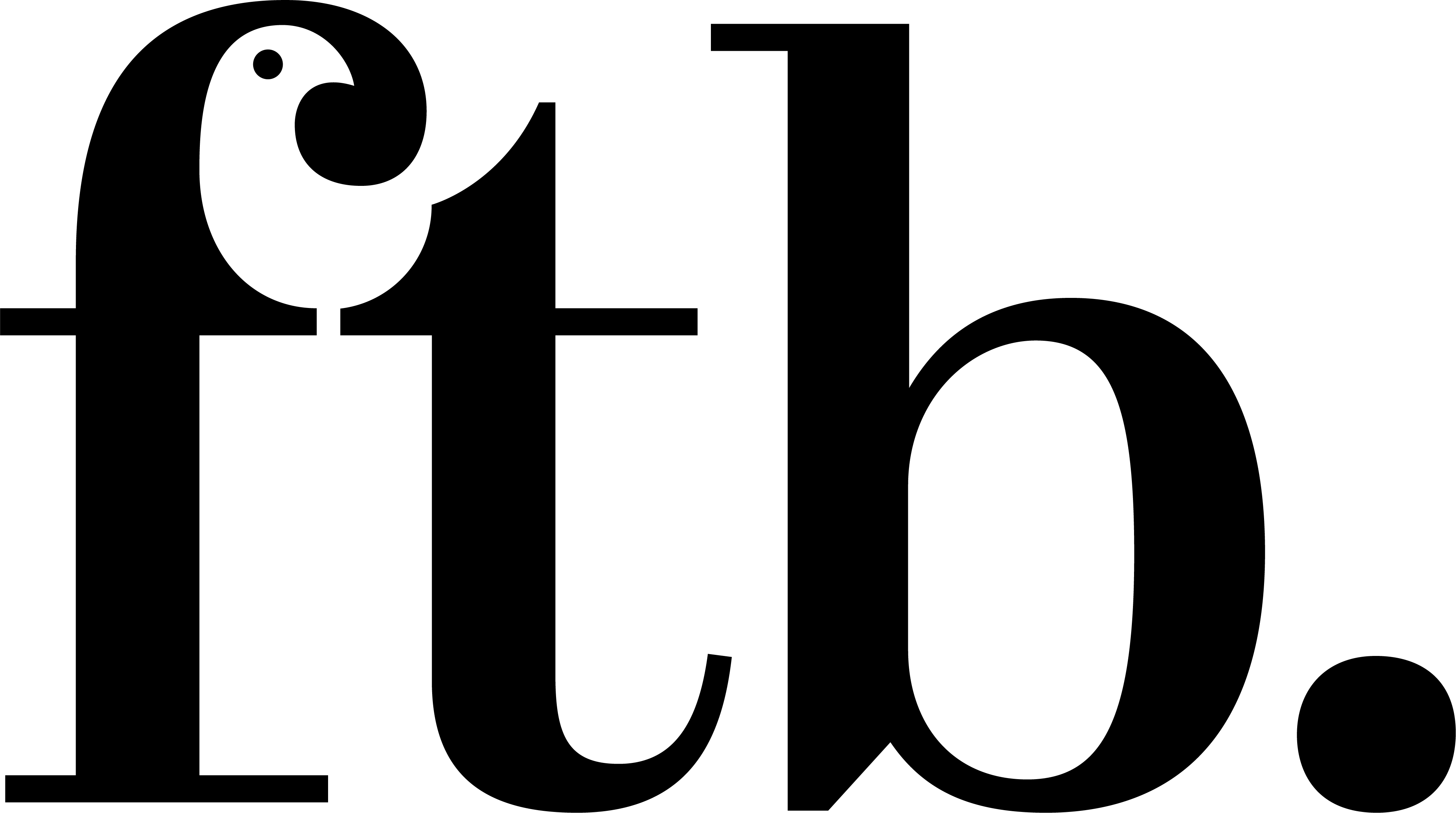Here, Samsung is a frontrunner. The company’s SmartThings IoT platform has launched energy AI mode, which helps consumers make tweaks to their home care regime, altering consumption to reduce usage between compatible devices. One such example is a 35% saving on washing machine cycles.
An important element when looking at the realities of bringing smart home technology to the masses, is how the technology can support an ageing population, as well as those managing disabilities in the home. The organisation AbilityNet welcomes volunteers who have specialties in IT, and who offer free assistance to disabled and older people seeking to better utilise technology in their home. This can be as simple as putting better connectivity in place, such as voice activated hubs like Google Nest and Hive, to using tablets in the right way.
Another such organisation is Home Instead Charities, which launched a new initiative this year to support older individuals gain a better understanding of a digital world. Their Companionship and Talk Tech Cafes help those who are new to technology to develop the skills and the confidence to better utilise technology whilst at home. They currently host in locations including Doncaster, Dudley, East Hertfordshire, Lewes, Swansea, Shrewsbury, Wakefield, Warrington, Wolverhampton, and York.








